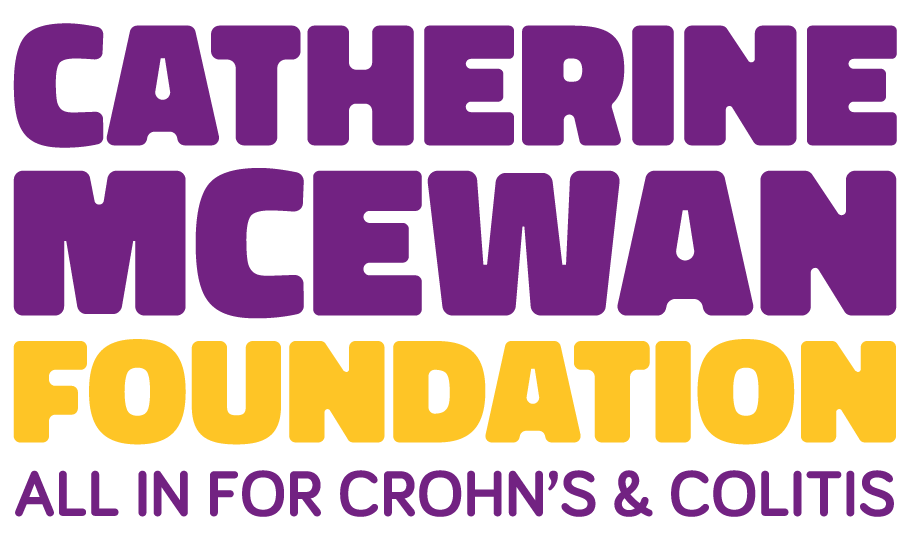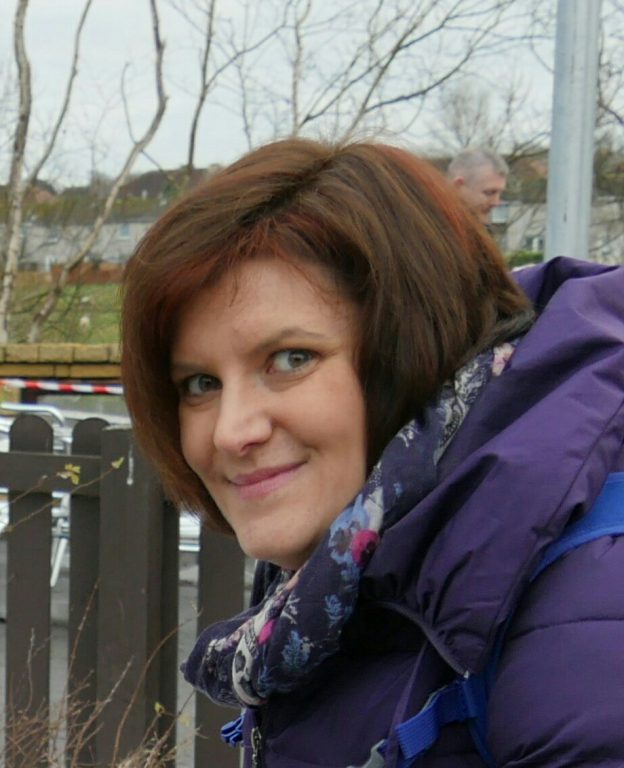A BIT ABOUT ME
Hi everyone, my name is Hazel Duncan and I am the newly appointed research dietitian working within the gastro team and based at the clinical research facility at the Queen Elizabeth University Hospital. I have been based within the gastro team at the Royal Hospital for Children/Yorkhill for the last 5 years. Throughout my clinical role I have lots of experience of working with families and young people with IBD and I am looking forward to putting all the information I have learnt over the last 5 years to use in a research setting and developing new treatments that we hope will help children with IBD.
A LITTLE BIT ABOUT THE RESEARCH I HAVE DONE SO FAR
In 2013 I carried out a study supported by the Catherine McEwan Foundation looking at the role of dietary supplements in keeping children with Crohn’s disease well after a course of liquid diet. This was published in BMC gastroenterology so other teams looking after children with IBD could learn from our experience. At the time of publication there was little research into this area but interest in this area has been sparked by this and work by others.
More recently I have looked at the experience of patients with Crohn’s disease who have long term feeding tubes (PEGs) inserted. This work also supported by the Catherine McEwan Foundation demonstrated that the feeding tubes had a positive impact on both growth and weight of the children. This work is currently submitted for publication.
PLANS FOR THE FUTURE
My new role as a research dietitian, along with other members of the team, will be to look at a special diet which will be used on patients with Crohn’s disease to make them better. Currently we use a liquid diet for this but we plan to create a diet using solid food that will hopefully work in the same way. There has already been preliminary research on healthy adults on this and we are keen to see whether it will help children and young people with Crohn’s Disease too. Hopefully we will be able to tell you more about this soon.
All of this research could not be possible without the support of The Catherine McEwan Foundation

